Disbelief in magic can force a poor soul into believing in government and business
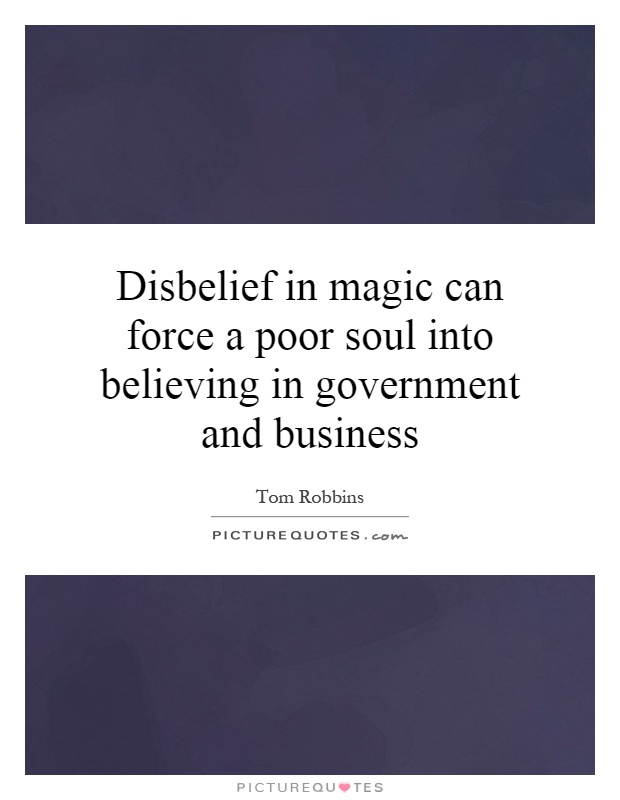
Disbelief in magic can force a poor soul into believing in government and business
Tom Robbins, the renowned American author known for his quirky and imaginative storytelling, often explores themes of magic, mysticism, and the power of belief in his works. In his novels, Robbins challenges conventional thinking and encourages readers to question the status quo. One of his most famous quotes, "Disbelief in magic can force a poor soul into believing in government and business," speaks to the idea that when people lose faith in the supernatural or the extraordinary, they may turn to more mundane institutions for guidance and meaning.Robbins' statement suggests that when individuals no longer believe in the possibility of magic or miracles, they may seek solace in the structures of government and business. In a world where the supernatural is dismissed as fantasy and the extraordinary is seen as impossible, people may look to more tangible sources of power and authority for answers. Government and business, with their rules, regulations, and hierarchies, can provide a sense of order and control in a world that seems chaotic and unpredictable.
However, Robbins also implies that placing blind faith in government and business can be just as limiting and confining as denying the existence of magic. While these institutions may offer a sense of security and stability, they can also be corrupt, oppressive, and exploitative. By relying solely on government and business for guidance and meaning, individuals may overlook the potential for creativity, wonder, and transformation that magic and mysticism can provide.
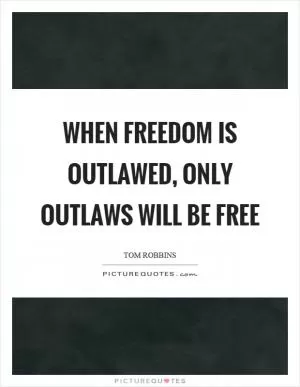



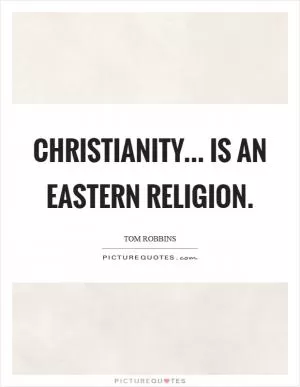
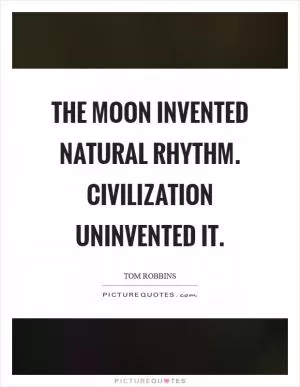
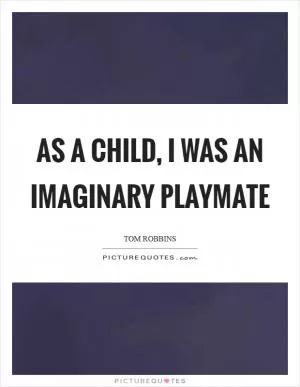



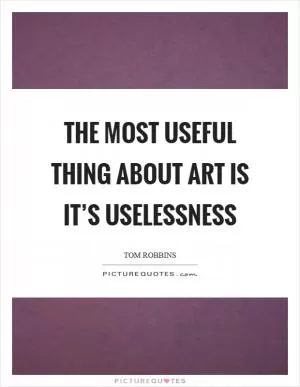
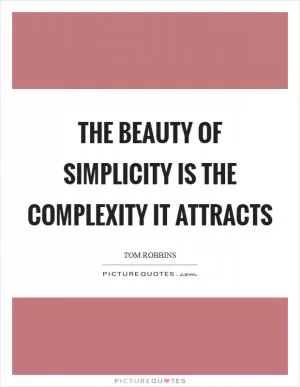
 Friendship Quotes
Friendship Quotes Love Quotes
Love Quotes Life Quotes
Life Quotes Funny Quotes
Funny Quotes Motivational Quotes
Motivational Quotes Inspirational Quotes
Inspirational Quotes